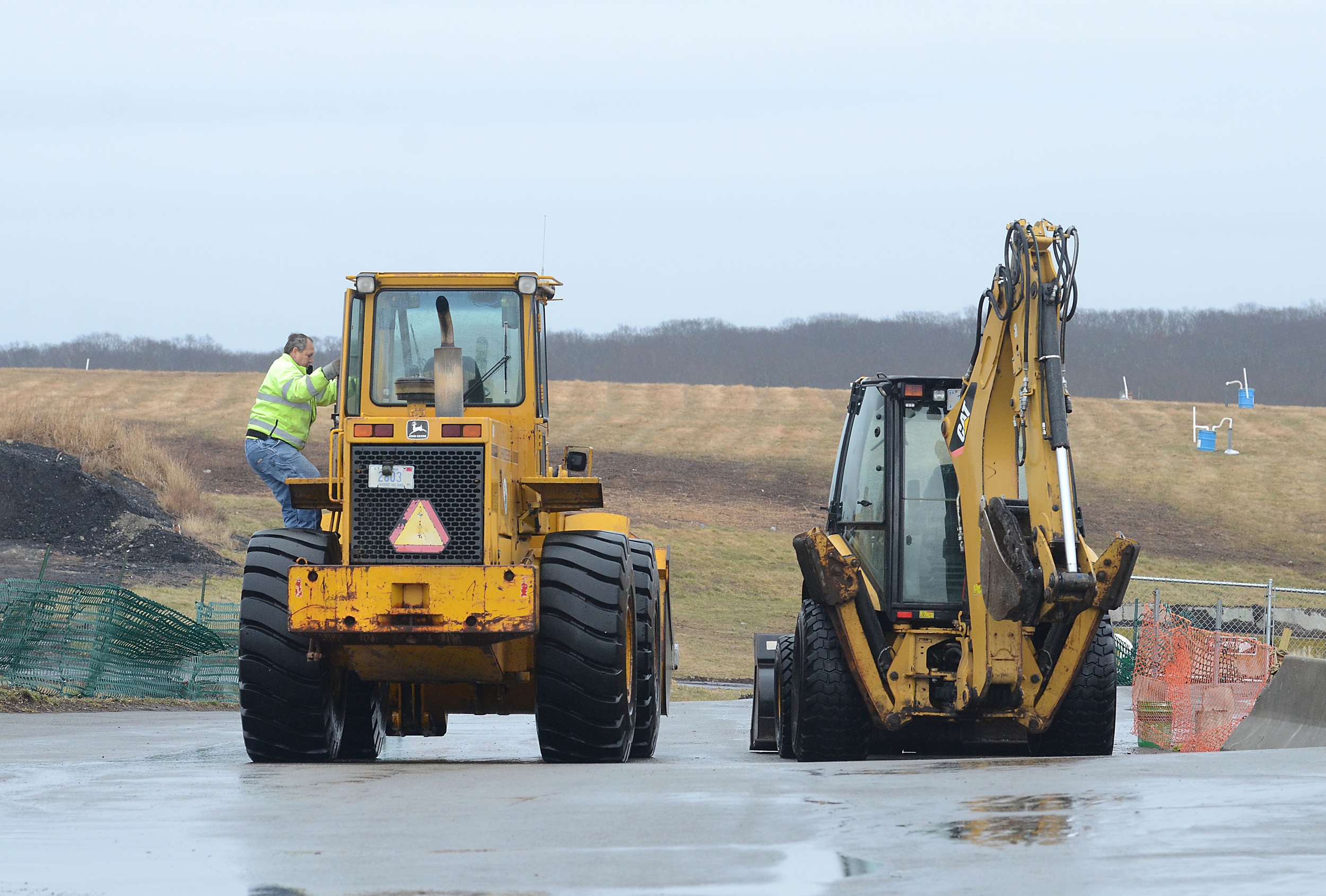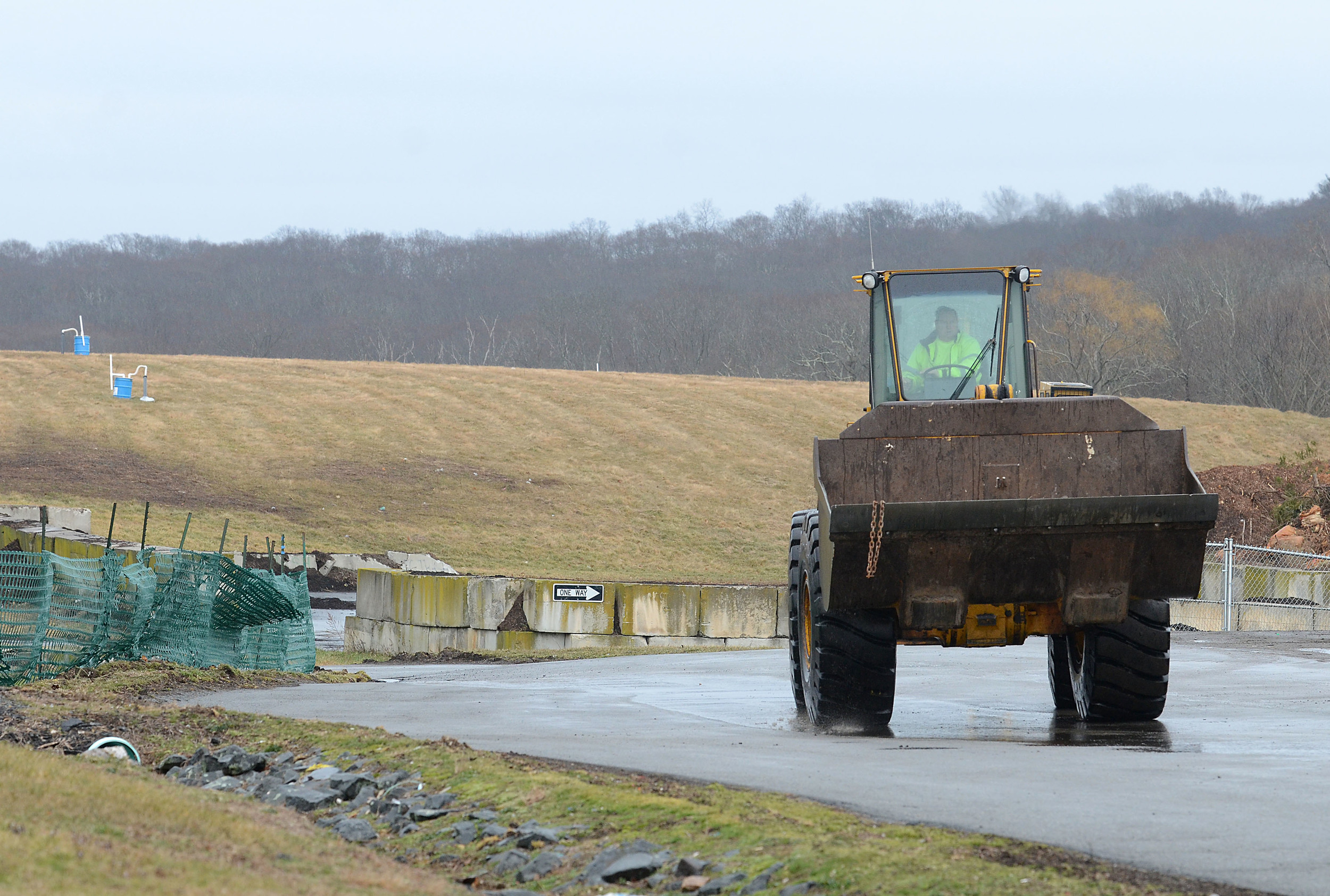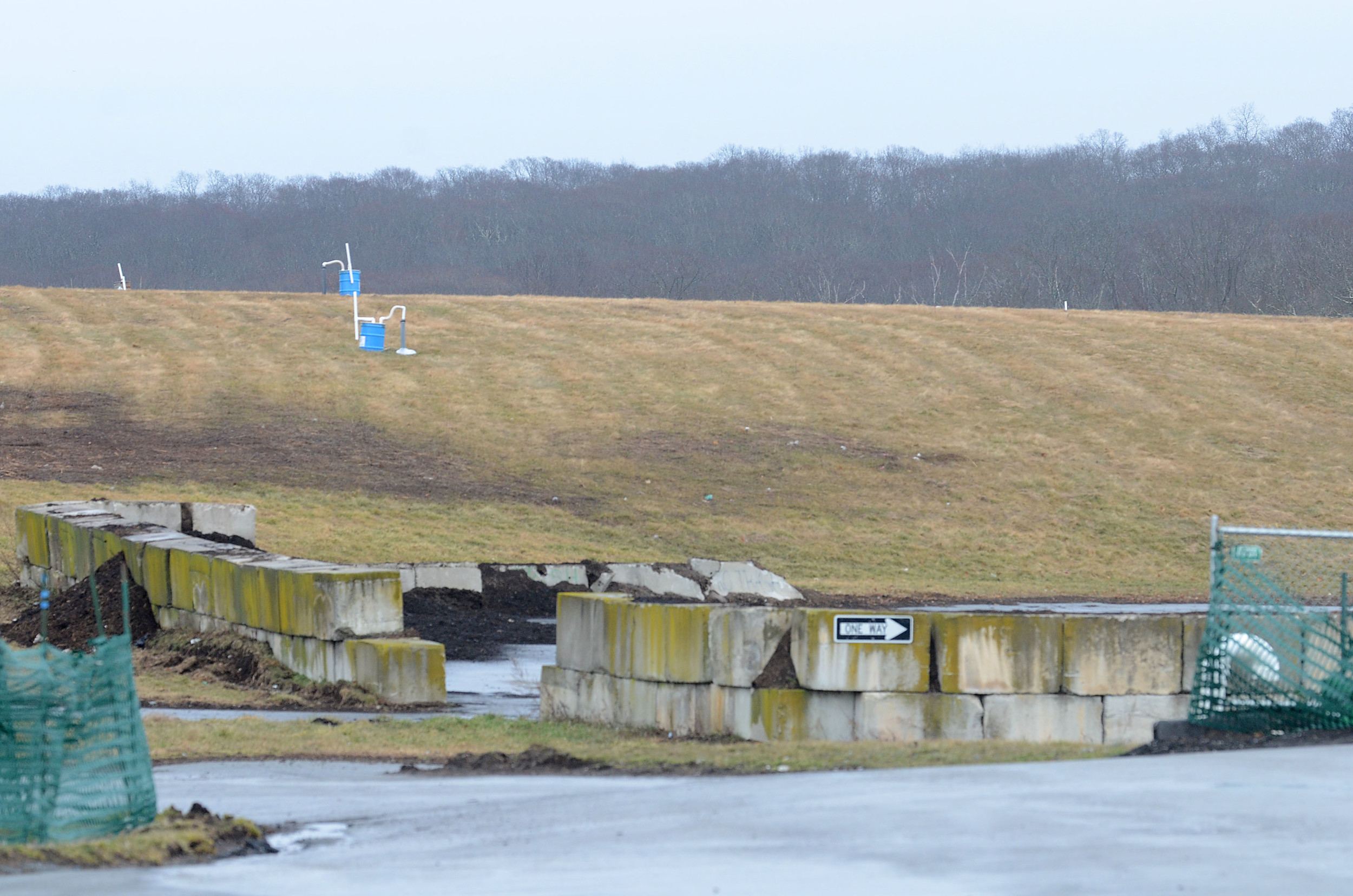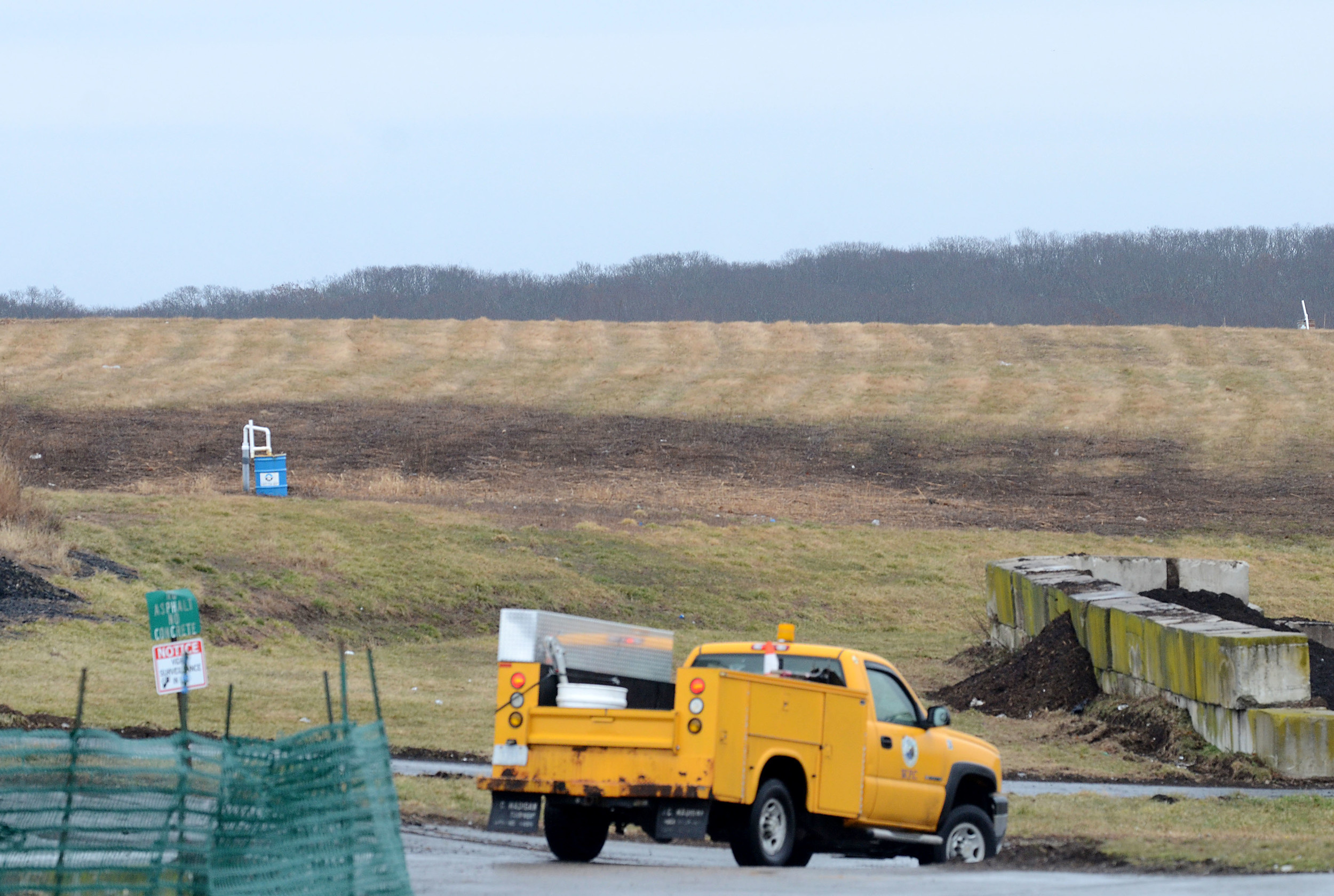Solar farm could save Bristol thousands
A consultant the Town Council seeks to read the proposals could cost $10,000
Bristol’s old landfill has been sitting unused for years since it was closed and capped. A new proposal would bring the landfill back to life, and make the town some money in the …
This item is available in full to subscribers.
Please log in to continue |
Register to post eventsIf you'd like to post an event to our calendar, you can create a free account by clicking here. Note that free accounts do not have access to our subscriber-only content. |
Day pass subscribers
Are you a day pass subscriber who needs to log in? Click here to continue.
Solar farm could save Bristol thousands
A consultant the Town Council seeks to read the proposals could cost $10,000
Bristol’s old landfill has been sitting unused for years since it was closed and capped. A new proposal would bring the landfill back to life, and make the town some money in the process.
The Town Council moved forward with a plan to build the region’s second solar farm last week, directing the town to go out to bid for a solar consultant to help weed through proposals to turn the capped landfill and potentially the roofs of some town buildings into electricity-producing farms. East Providence installed a similar farm on a capped landfill in 2013.
“At the end of the day, it will use unused land,” Town Councilman Nathan Colouro said during last week’s meeting. “It’ll be quiet; it’ll make the people of Bristol money, and it’ll be environmentally friendly.”
And it’ll be free, other than the cost of a consultant, which Town Administrator Steven Contente estimates would cost around $10,000. The town is looking to take advantage of the power a solar farm can generate without investing in the costly panels necessary to create electricity. Bristol would lease the land at the end of Minturn Farm Road, behind the town’s animal shelter and transfer station, to a solar company that would generate the electricity in exchange for paying rent to the town.
Last fall, the town sent out requests for proposals from firms interested in building a solar farm on the landfill. The Community Development Department received 16 bids, some wishing to use just the landfill; others wanting to incorporate the roofs of town buildings.
“It’s really exciting to see how many responses we got,” said Community Development Director Diane Williamson. “It just makes me think this is a really viable project. It’s a good use of that land.”
Once the town chooses an energy firm, the company would place solar panels on the capped landfill and possibly on town buildings, including Town Hall, Rogers Free Library, the Maritime Center, the Quinta Gamelin Center, Mt. Hope High School, and others. The company would pay the town for use of the land, either through direct rent payments or through “net metering,” a system in which the power generated through renewable sources like solar is added to the state’s power grid to offset the town’s electricity bill.
The state Department of Environmental Management recommended Bristol hire an energy consultant to negotiate with the generating firms and work out the best deal for the town, which is likely to be several thousands of dollars a year. It’s a route taken by South Kingstown, as that town works through contracts to build solar farms on its two capped landfills. The consultant has been helpful in drafting RFPs and negotiating contracts, according to South Kingstown Town Manager Stephen Alfred.
Working with a consultant can also help the town secure the best deal into the future, Mr. Alfred said. South Kingstown has two contracts in place with Competitive Energy Services of Maine. The first should generate $48,000 a year for the town in energy credits for use of the land. The second, an agreement on net metering, could be worth as much as $75,000 a year, Mr. Alfred said.
“This is a very new, very technical field. It’s not something we would usually see on the municipal level,” Mr. Alfred said. “You’re dealing with a different type of project. Hiring a consultant is necessary.”
At least one Bristol resident who knows does not agree. Patrick McCarthy directed a similar, smaller project at Our Lady of Mount Carmel School that has essentially eliminated the school’s annual $12,000 electricity bill. There’s no guarantee how much Bristol would make, which is expected to generate more than $300,000 worth of electricity over the 25-year life of the solar panels. However, the project required an initial investment of $190,000. Bristol would pay about $10,000 to a consultant Mr. McCarthy said should be unnecessary.
“How did the town issue an RFP that was not tailored for ease of scoring to rate the bidders?” Mr. McCarthy wrote in an email. “The town chooses to spent at least $10,000 for a consultant, thus extending the payback period. I have my concerns with the extreme lack of project, financial and energy experience on this one.”
Under Bristol’s plan, there would be no investment on the town’s part, and the solar farm would help offset the town’s energy bill, which in 2016 totaled $978,000, according to Deputy Treasurer Gary Marshall.
The next step for Bristol is to review proposals for a consultant to review the solar farm proposals and negotiate a contract.













